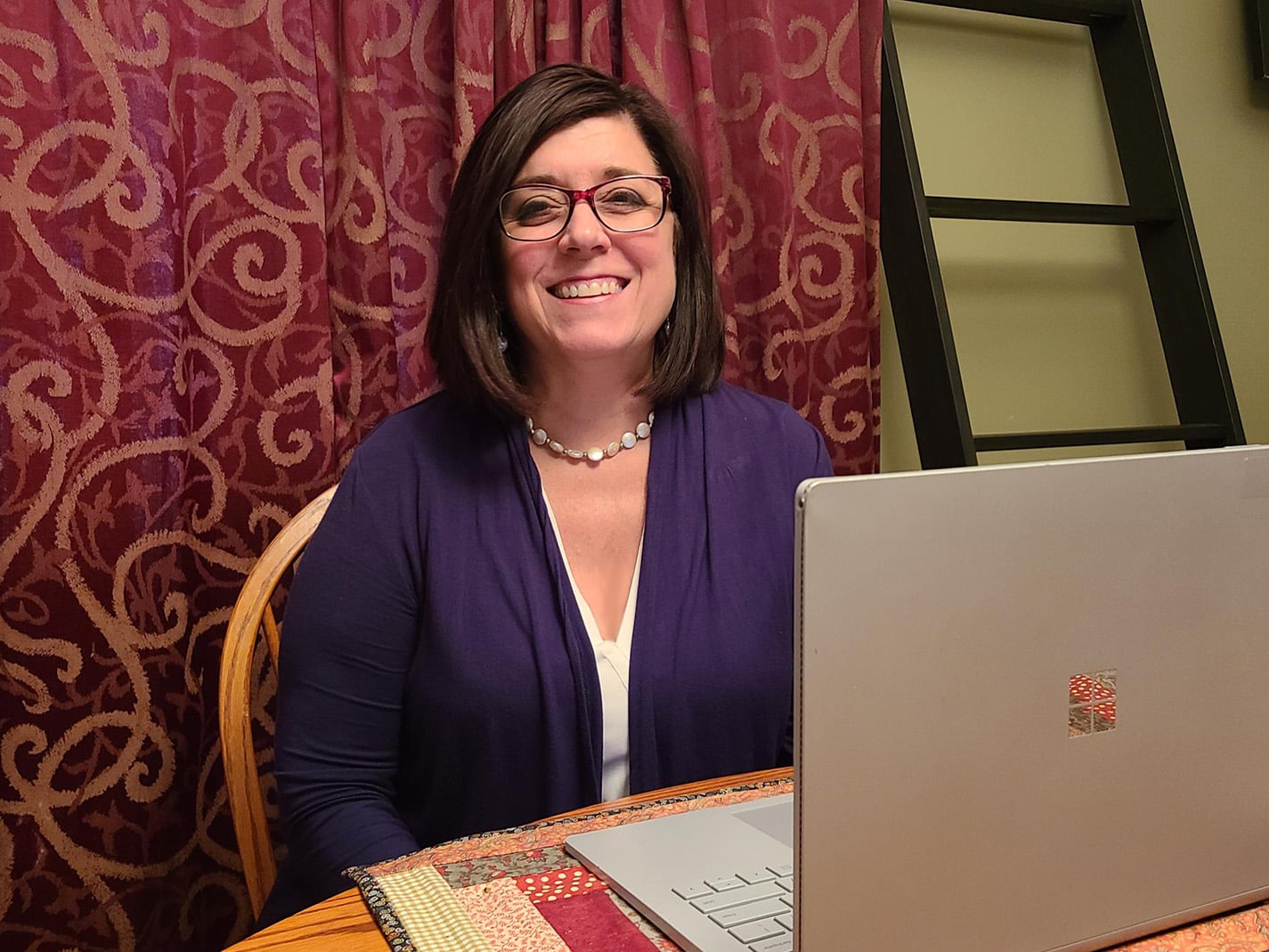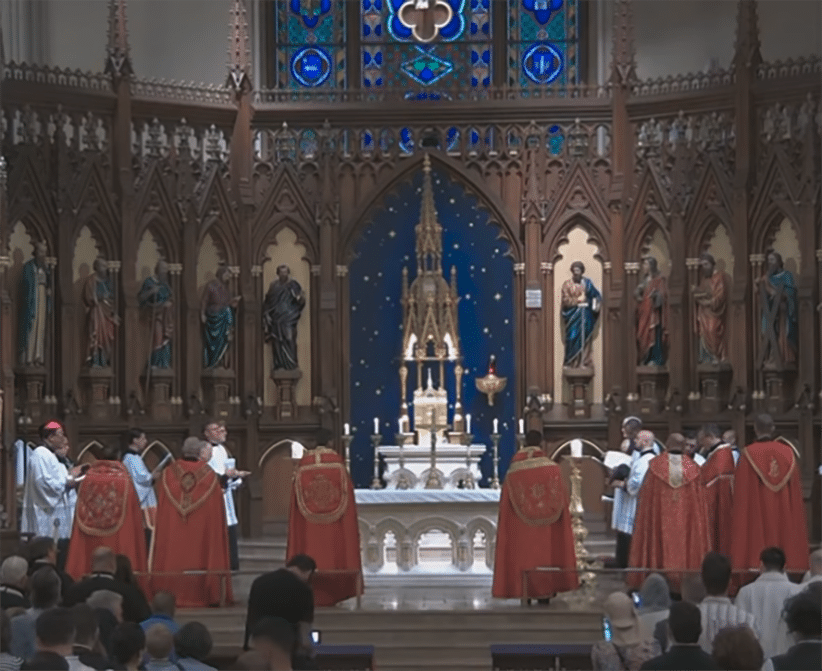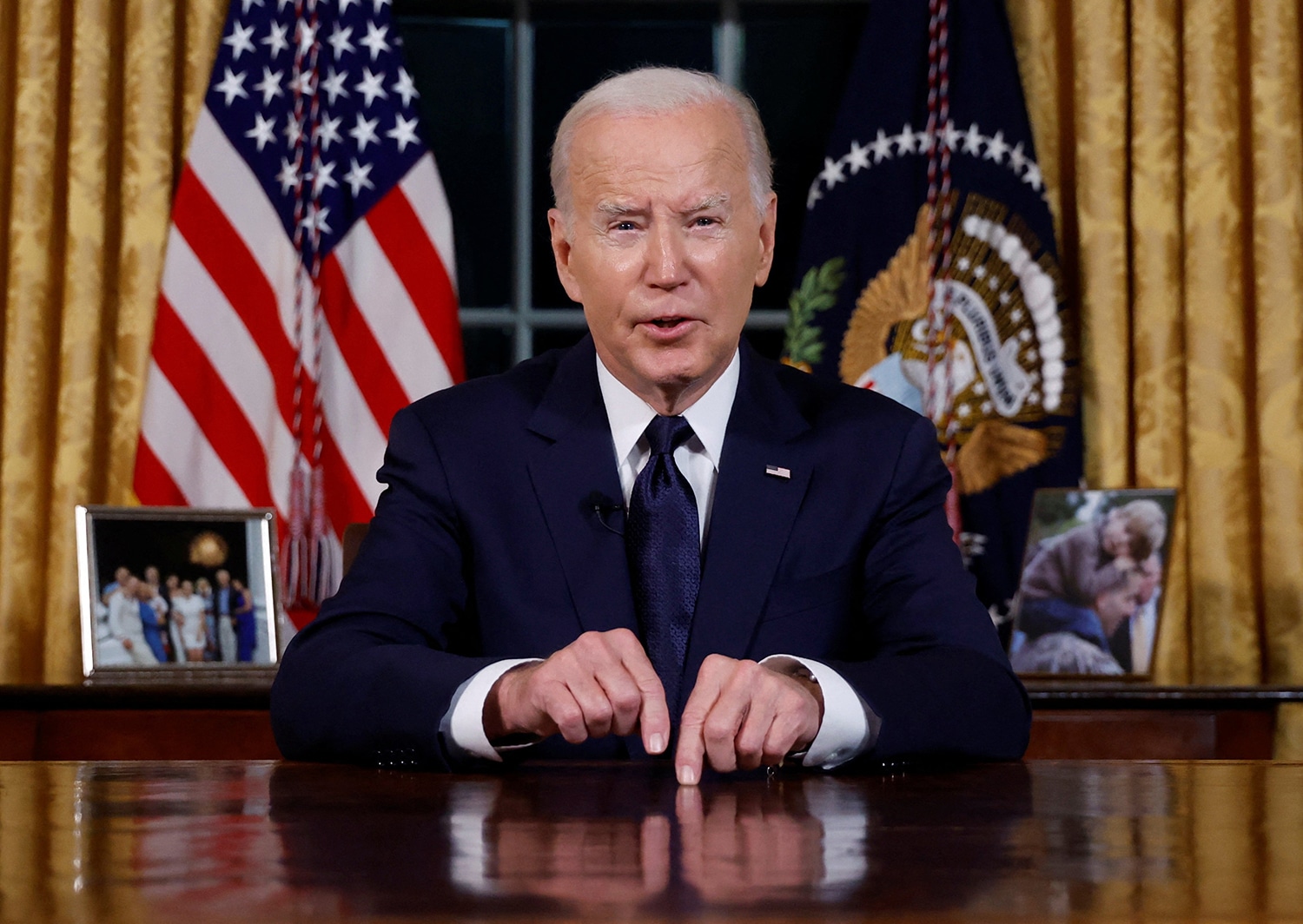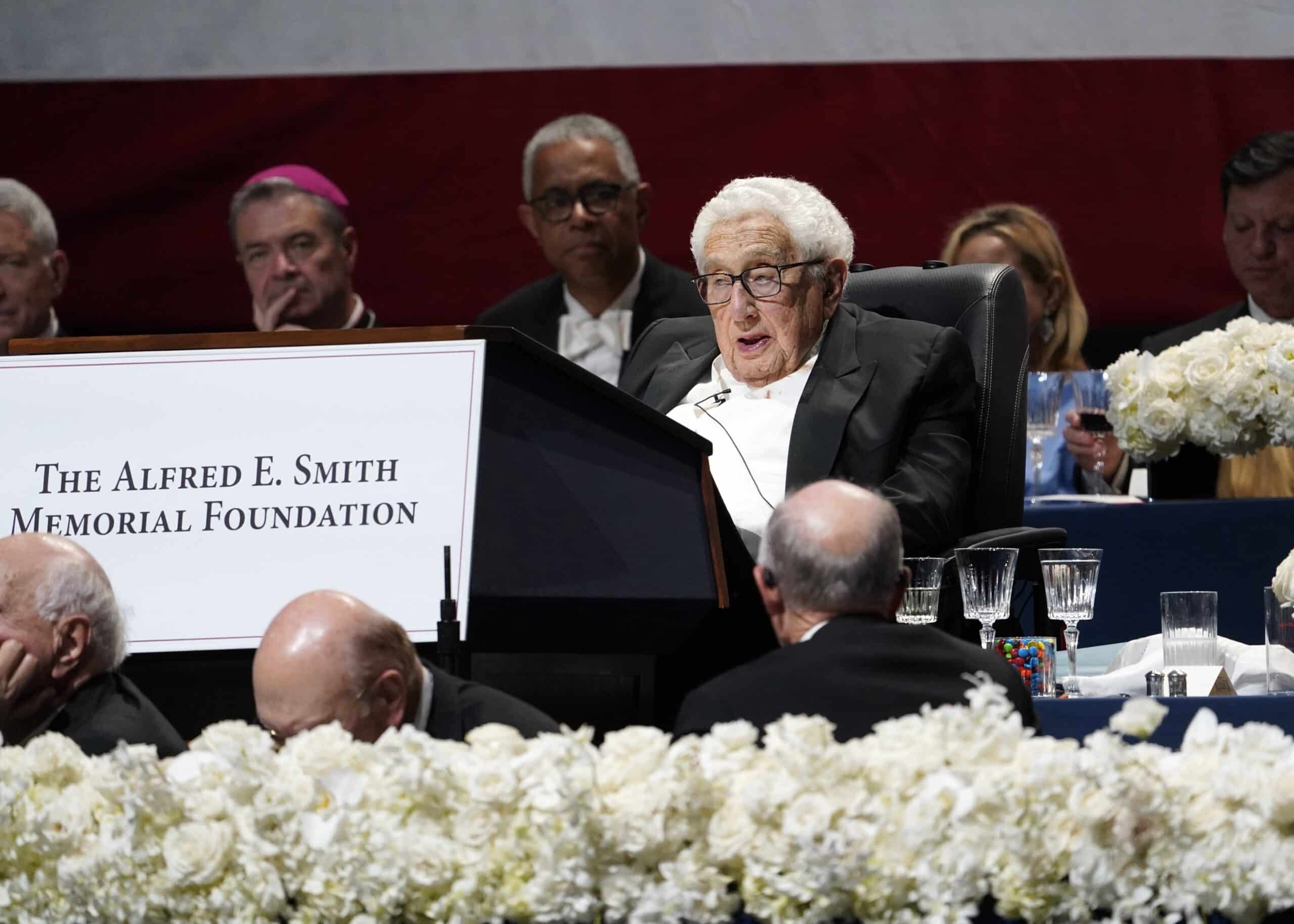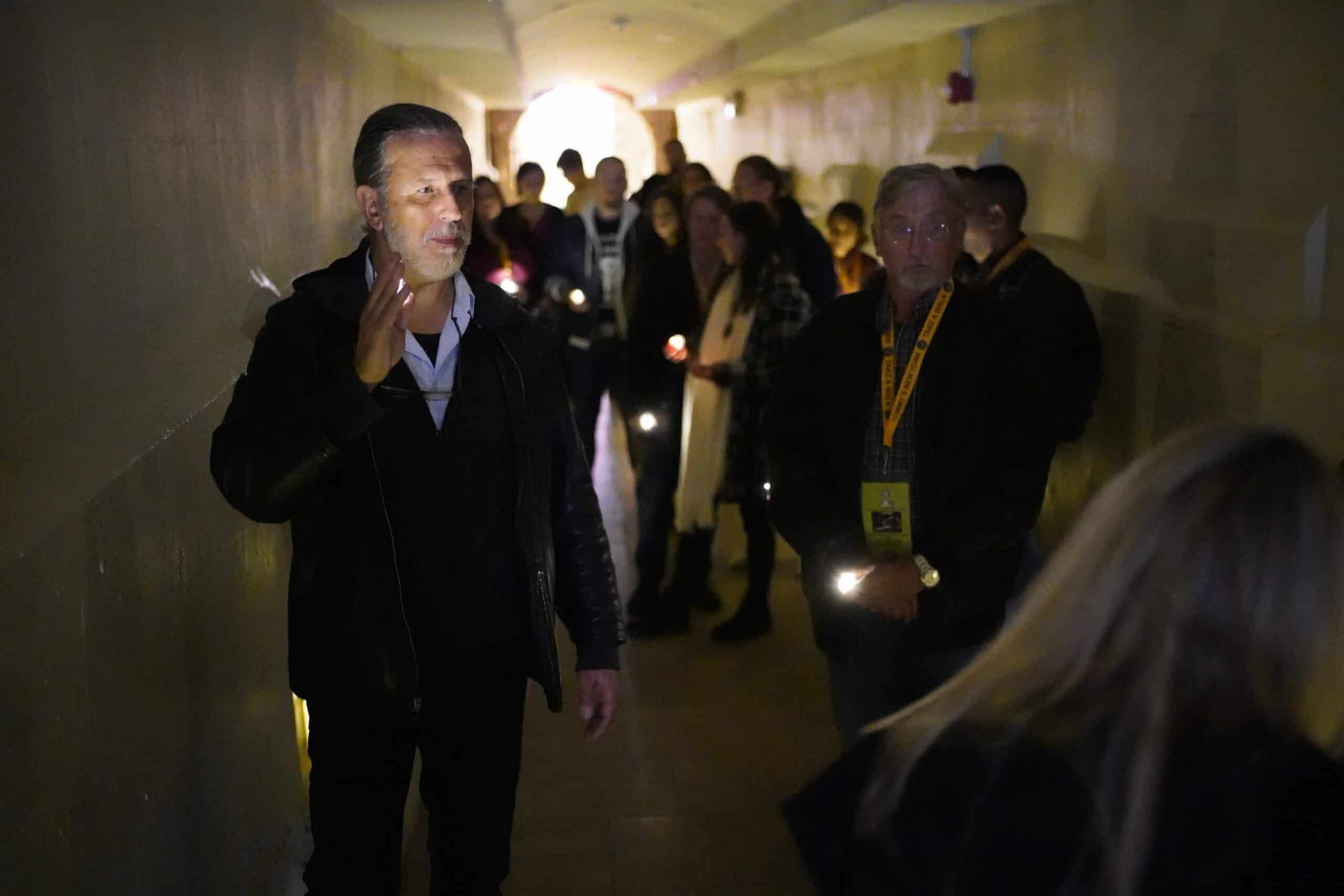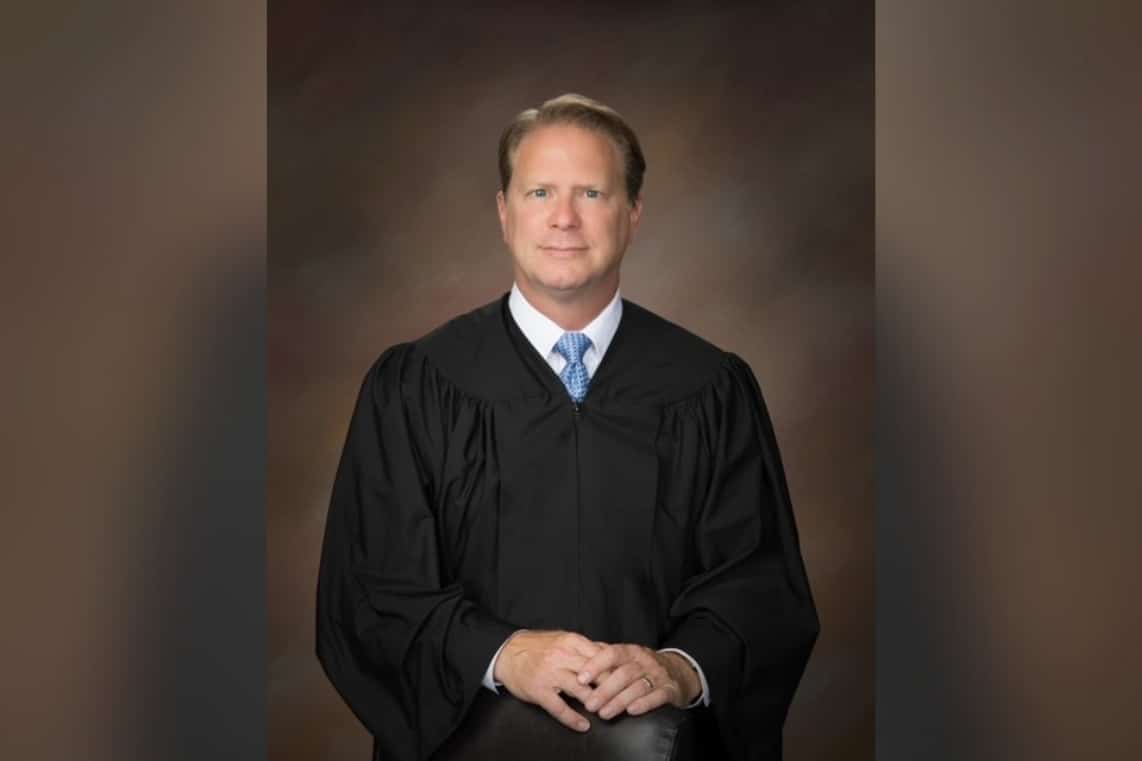Dawn Fitzpatrick still recalls when, at 15 years old, she learned about abortion.
“They were just trying to … make teens aware of what’s happening and help them to develop an understanding of the truth and the sacredness of life,” she said of her church’s faith formation class. “And one of the ways they did that at the time was actually showing us pictures of abortions.”
She saw the abortion images at her church in the ’80s, shortly after the Supreme Court’s 1973 decision in Roe v. Wade, which once legalized abortion nationwide.
“As a young person seeing that, I was just in shock — and I couldn’t believe that such a thing was happening in our country and it was happening legally,” she described. “I couldn’t believe that we would be so barbaric.”
The event inspired her to educate others about the sanctity of human life from the moment of conception. Today, she does just that, as the new executive director of the March for Life Education and Defense Fund in Washington, D.C.
She comes to the March for Life — which is perhaps best known for organizing the world’s largest annual pro-life rally in the nation’s capital — as the pro-life organization grows its state march program.
A growth into the states
Within five years, the March for Life, which began in response to Roe v. Wade, hopes to organize a pro-life march in every state, Fitzpatrick said.
“After nearly 50 years, Roe v. Wade, an act of judicial activism, was joyously overturned — returning the power to protect the unborn back to our elected representatives — both federally and in the states,” the March for Life’s website reads. “By marching in state capitals across the country, we show our local leaders that we the people want protective, life-affirming laws for both the unborn and their mothers.”
Fitzpatrick said that, for 2024, 11 state marches are confirmed with plans for 16 total by the end of the year. By 2028, she hopes that number will reach 50.
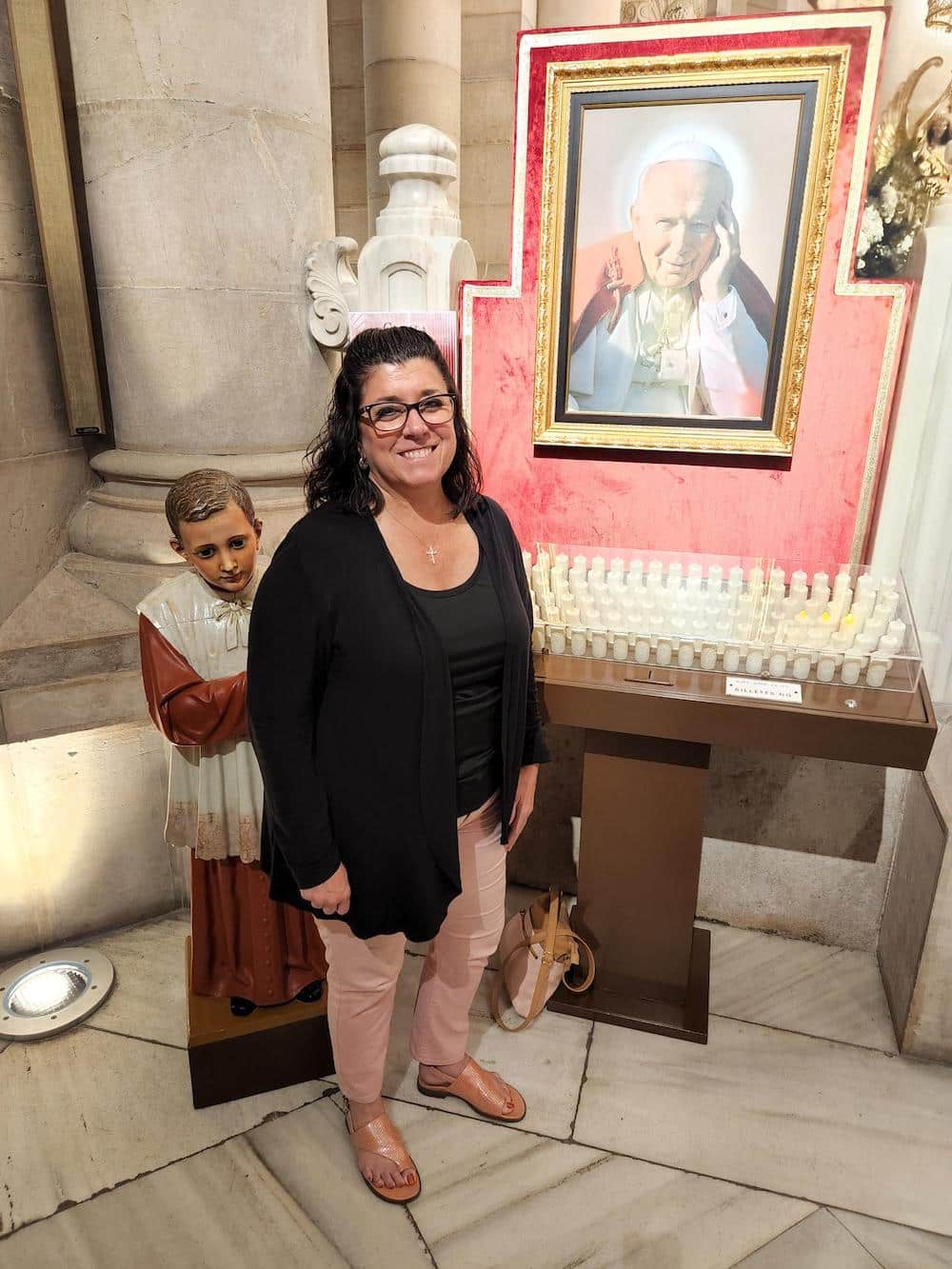
“We’re constantly looking to add states that aren’t already included,” she said of their search for state partners.
Fitzpatrick brings years of experience in church ministry and pro-life advocacy to her position. Before joining the March for Life, a non-sectarian organization, in July, she served as the senior coordinator for the Office of Human Dignity and Solidarity for the Archdiocese of Chicago and as president of the board of directors for the March for Life Chicago. She also brings with her 10 years of experience in parish youth ministry from both the diocese of Charleston and the Archdiocese of Baltimore.
“When I was a youth minister, I always presented [the life issue] in such a way that it was a part of Catholic social teaching and the foundation of Catholic social teaching,” she said.
“Life and human dignity are the very first thing that we talk about in Catholic social teaching and then everything else falls because we have life and human dignity,” she added. “We believe in taking care of the hungry and the homeless, for instance, and in the dignity of work because we have a life and dignity.”
The future of the national march
She first learned about the national March for Life in Washington, D.C., as an adult.
“My first experience was in 2004 when I took teenagers to the March for Life as something my church wanted me to do as a youth minister,” she recalled. “That had a profound effect on me too, because, from then on, I made it my mission to get people to go to the march no matter where in the country I was.”
Fitzpatrick shared what she envisioned for the future of the national March for Life following the Supreme Court’s 2022 decision to overturn Roe v. Wade in Dobbs v. Jackson Women’s Health Organization, a ruling that freed states to decide abortion policy.
Instead of focusing on the law, she said, the march is looking to impact the culture.
“Now we march to help people understand the truth,” Fitzpatrick said. “We march to change minds and hearts, to help people fall in love with life, to see the joy of life.”
“We’ve now said that we don’t have a right to abortion in our Constitution, which was the first right thing to do, right?” she commented. “But what they didn’t do at the Supreme Court was say, ‘and abortion has to be illegal because it does take away life.'”
“We have to change minds and hearts to realize that,” she stressed. “We’re talking about life at its most basic level, at its most vulnerable level. And we should not be destroying it.”
She emphasized the continued importance of the Washington, D.C., march to raise awareness on the national level in addition to the marches in the states, which are now deciding abortion policy in the aftermath of Roe v. Wade.
“It’s just a great year to come,” she said of her new position. “I think we’ve come over a hurdle in our history, but the hurdle didn’t mean we’re done.”
“It’s a battle to fight,” she concluded, “but it’s a battle of love, it’s a battle of truth, and we need everybody to join it.”

